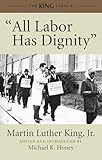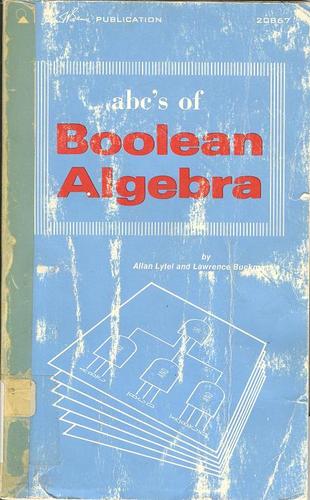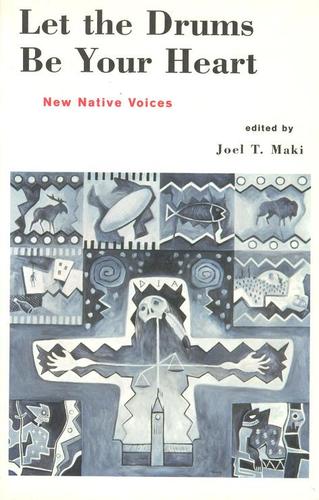
When Martin Luther King, Jr. expressed his opposition to the war in Vietnam, critics told him he should stick to the issue he was known for: civil rights.
"I have struggled too long and too hard now to get rid of segregation in public accommodations to end up at this point in my life segregating my moral concerns," the 38-year-old King responded.
"Injustice anywhere is a threat to justice everywhere."
Economic justice and dignity for the working poor was a key issue for King, as demonstrated in this collection of labor-related speeches stretching from 1957 to the eve of his death in Memphis in 1968.
"We don't need any bricks and bottles, we don't need any Molotov cocktails," he told a mass meeting during a Memphis sanitation workers strike just hours before he was gunned down. "We just need to go around to those stores and to those massive industries in our country, and say, 'God sent us here to say you're not treating his Children right.'"
King advocated a non-violent strategy of boycotts and strikes and public protests. He envisioned an economy of full employment and a tax system that ensured a decent income for all Americans.
by Martin Luther King, Jr.
Beacon Press, 2012
Review:
All Labor Has Dignity
Submit a Book for Review
Book List
History and American West Titles
Out of the Past:
"I Have A Dream Speech"
Out of the Past
 Symbolic logic (of which Boolean algebra is a field) can be said to have had its beginning with Leibnitz in the first part of the eighteenth century and was later developed more fully by George Boole.
Symbolic logic (of which Boolean algebra is a field) can be said to have had its beginning with Leibnitz in the first part of the eighteenth century and was later developed more fully by George Boole.



